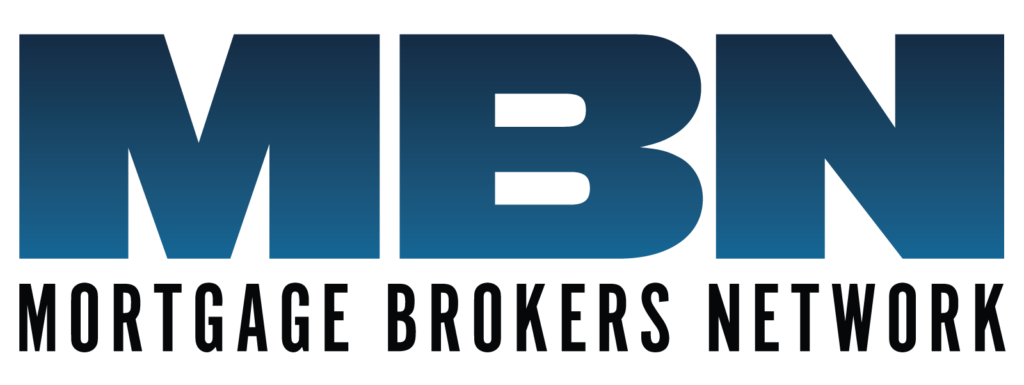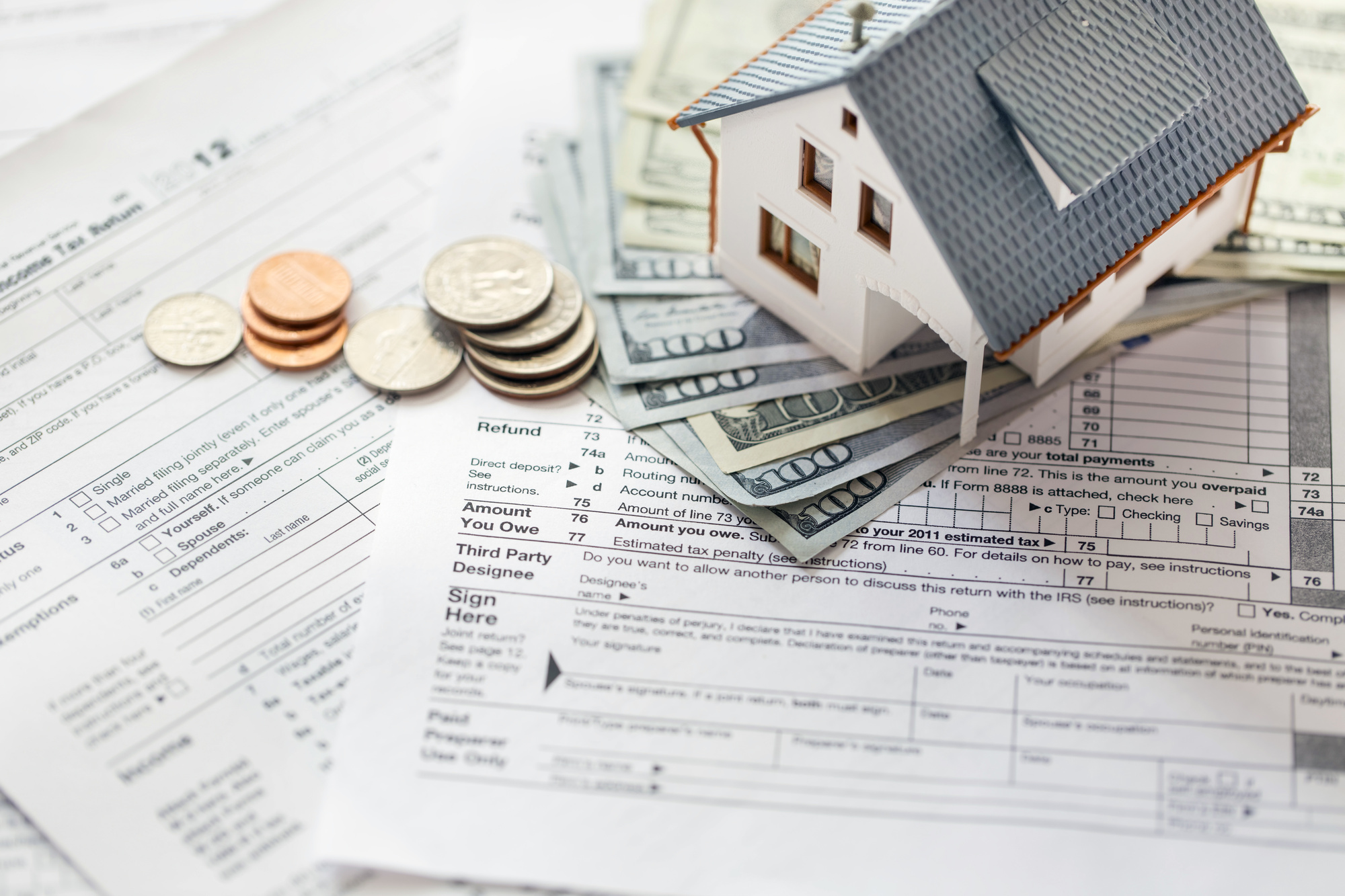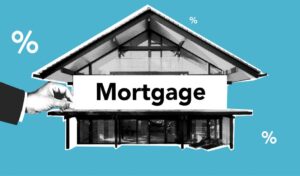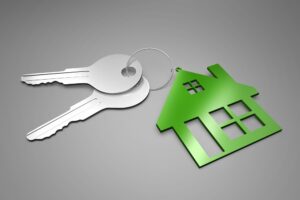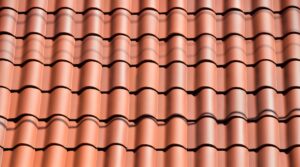The difference between an Open Mortgage vs Closed Mortgage vs Variable Rate Mortgage is one that confuses most people. Almost 540,000 Canadians bought a home in the year 2020, and that number is forecasted to increase significantly over the next year.
There is a lot that goes into buying a home, and the amount of information that you need to know can be overwhelming.
There is more to mortgages than simply getting the best mortgage rates. Knowing the best option for you between open mortgage vs. closed mortgage could have a huge impact on your finances and paying off your home.
Thankfully you’ve come to the right place for a breakdown of the different mortgage options. Keep reading to learn more about the different types of mortgages and how you can make them work for you.
What Is a Mortgage?
A mortgage is a loan that you secure through real estate. When you take out a mortgage, your lender has a lien on your property. This means that if you default on your loan or are unable to pay, the lender has the right to take your property.
Mortgages are similar to most other types of loans in the sense that you are borrowing money in order to finance the purchase of something.
The difference between a mortgage loan and other types of loans is that if you are unable to make the payments the lender is allowed to foreclose on your property.
Types of Mortgage
There are multiple types of mortgages that you should be aware of. Each has its benefits and drawbacks, so it is important for you to know which best suits your situation.
Fixed Mortage vs. Variable Mortgage
The first two types of mortgages you’ll learn about are fixed mortgage and variable mortgage. Below are explanations of what they are and the differences between the two.
Fixed Mortgage
Fixed mortgages are pretty simple. If a lender loans you $300,000 to be paid back over 30 years and give you a 3% interest rate for 5 years, the interest rate will stay the same for those 5 years. It will not rise or fall during that time.
A benefit to having a fixed mortgage is that it offers security and allows you to know what your mortgage payment will be every month. This allows you to budget more effectively since you know what your set expenses will be.
There is a drawback to having a fixed mortgage that you should consider. Fixed-rate mortgages tend to have higher interest rates than variable mortgages.
Additionally, if variable interest rates drop you’ll be stuck paying even higher interest rates with a fixed mortgage.
Variable Rate Mortgage
Variable rate mortgages are similar in some ways to fixed rate mortgages. They have a set amount of time over which you’ll be paying interest. The major difference is that the interest rate goes up or down depending on the Bank of Canada.
The interest rate for a variable mortgage is tied to the prime interest rate, which is the rate that banks give to their customers.
The benefit to this is that if the interest rate drops your monthly payments will be less. This can save you a nice amount of money over time.
The drawback to variable mortgage vs. fixed mortgage is that when rates do rise, less of your payment will be applied to the principal amount each month. Open Mortgage vs. Closed Mortgage
The other two types of mortgages that you’re going to learn about are open mortgage and closed mortgage and the pros and cons of each.
Open Mortgage
Open mortgages are mortgages that you are able to pay off whenever you want. You can also refinance or re-negotiate open mortgage loans at any time without fear of reprisal.
The best part is that there are no penalties for refinancing, renegotiating, or paying off your mortgage sooner.
There is a downside to open mortgages though. Open mortgages usually come with much higher rates. These are ideal for people who plan on selling in the short-term.
Closed Mortgage
Closed mortgages are the opposite of open mortgages. They require you to pay off the loan over the full course of the terms of the loan. If you pay off the loan before the term is up you can face large financial penalties.
Above all, you are also unable to refinance or renegotiate closed mortgages without facing penalties. Choosing a closed mortgage binds you to that loan for the entirety of the length of the agreement.
Closed mortgages do have their benefits though. Closed mortgages are a great fit if you want the peace of mind that comes with a fixed monthly payment.
You can also make pre-payments on your mortgage with a closed mortgage. These pre-payments let you make large parts of what you owe without being penalized.
Choosing the Right Mortgage
When it comes to mortgages, there is no right or wrong answer. The right fit depends on your circumstances and the risks you are willing or able to take.
Closed mortgages with fixed rates are the safest option and are a great choice for someone that doesn’t want the risk that comes with variable interest rates.
Therefore, open mortgages offer a lot of flexibility. Because they come with higher mortgage rates, they should be reserved for those who plan on having their mortgage for a short period. They are a great fit for someone that may is coming into a lot of money and wants to pay off their loan.
There are pros and cons to each and only you can know which type of mortgage suits your situation.
Are You Ready to Get Your First Home?
Finally, if you weren’t sure which mortgage is the best option for you before, hopefully, you are now.
If you still aren’t sure what mortgage option might be right for you, give us a call toll-free at 1-877-383-1577 and let our 30+ years of experience help walk you through your options.
With the home buying process, the more you know the better off you are. Purchasing your first home is an exciting and life-changing moment.
Click here to apply for your mortgage loan today.
